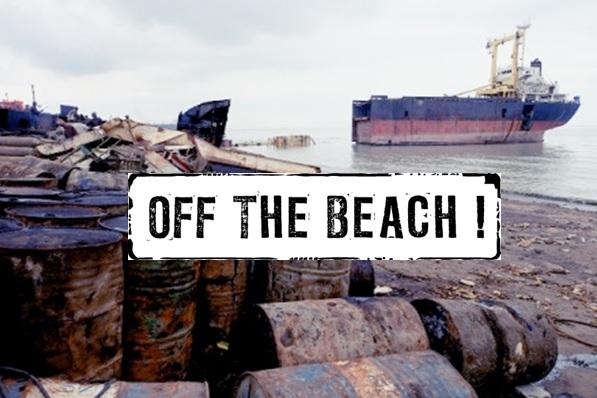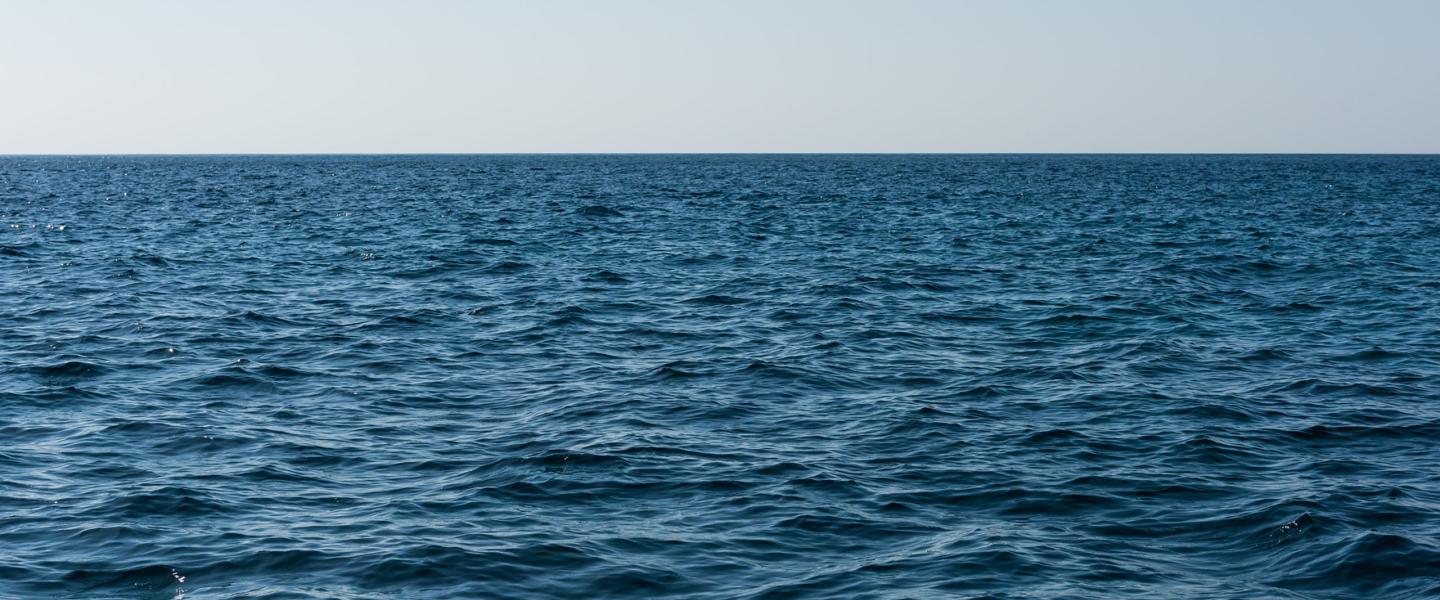

Brussels – The Norwegian Shipowners’ Association says no to the beaching of end-of-life vessels – the NGO Shipbreaking Platform, a global coalition of 19 environmental and human rights organisations, welcomes this decision and calls on other ship owners and their associations to mirror the Norwegian position.
In an op-ed published yesterday in Dagens Næringsliv, the largest daily business newspaper in Norway, the association’s CEO Sturla Henriksen writes that shipowners have a responsibility to ensure the safe and environmentally sound dismantling of their end-of-life fleet. The association further states on its website: “As an industry we can no longer defend that ships are broken in a way that puts health and the environment at risk. Therefore we say, as the first ship owners association in the world, no to the beaching of ships.” [1] The Norwegian position against dangerous and polluting shipbreaking increases the demand for safe and green ship recycling capacity. [2]
“After more than ten years of campaigning for sustainable ship recycling, this is an important turning point. One of the shipping industry’s most important front runners now shares our position, namely that a ship owner’s responsibility expands over the whole life cycle of a ship beyond the sale for demolition, and that huge oceangoing vessels should not be run up on tidal beaches at the end of their operational life” said Patrizia Heidegger, NGO Shipbreaking Platform Director. “The number of ship owners who put people and the environment before profit and that demand recycling in proper industrial platforms is steadily growing.”
International legislation on hazardous waste trade is easily circumvented by the shipping industry and rules adopted by the International Maritime Organisation in 2009, the Hong Kong Convention, have so far just received the meagre endorsement by only three countries – Norway, France and Congo. New European Union legislation, which outlines a more detailed interpretation of the Hong Kong Convention and adds value to these requirements by offering independent third party audits of the ship recycling facilities seeking approval, clearly disqualifies the beaching method as safe and environmentally sound. It is expected to be applicable by 2017. The Platform welcomes that the Norwegian ship owners, coming from a country that played a leading role on the development of the Hong Kong Convention, now vouch for a strict interpretation of the IMO rules in line with European requirements. The EU will soon publish a list of ship recycling facilities globally that meet basic environmental and occupational heath and safety standards – none of the South Asian beaching yards meet these requirements. [3]
“We strongly advise responsible ship owners to use this list once it is made available. In the meantime ship owners can follow the recommendations of the Norwegian Association and not sell their end-of-life ships to substandard beaching facilities in South Asia”, said Patrizia Heidegger.
Thirteen large shipping companies already follow sustainable ship recycling policies. In addition to several Norwegian ship owners such as Grieg, Wilhelmsen and Høegh, also German Hapag-Lloyd, Danish Maersk Lines, Royal Dutch Boskalis, Canadian CSL Group and Singapore-based China Navigation Company, have committed to ensuring the proper end-of-life management of their fleet. They do so on principle, even if they have to compromise on their profits – they simply do not want to be responsible for polluting sensitive coastal zones and putting workers lives at risk during dirty and dangerous shipbreaking on tidal beaches. The announcement of the Norwegian Shipowners’ Association adds many more shipping companies to the list of responsible stakeholders.
Earlier this year major companies such as H&M, Tetra Laval, ABB, Philips, Volvo and Volkswagen stated that they do not want to be associated with substandard shipbreaking practices in South Asia and asked their forwarders – the shipping companies they use to transport their goods – to adopt sustainable ship recycling policies. [4] With increasing pressure from their customers and upcoming legislation from the European Union, many ship owners will have to seriously consider revising their ship recycling practices.
“The European Community of Shipowners’ Associations (ECSA) would be wise to recommend its members to adopt the Norwegian position. Greek and German companies sadly continue to top the list of ship owners that sell their vessels to South Asian yards where it is widely acknowledged that not even minimum environmental and workers safety standards are met,” says Patrizia Heidegger. “South Asian governments, on the other hand, need to assist their industry to develop from one that breaks ships without necessary infrastructure to protect its workers and the surrounding environment to one that recycles ships off the beach.”
NGO Shipbreaking is a Supporting Entity to Human Rights at Sea.
NOTES
[1] Translation of the Norwegian Shipowners’ Association statement. For entire statement and opinion peace by CEO Sturla Henriksen first published in business newspaper Dagens Næringsliv on 17 August 2015, click here
[2] Currently, about 70 percent of the worlds end-of-life tonnage is broken in substandard facilities that operate on tidal beaches in India, Bangladesh and Pakistan. The tidal beaches cannot support the use of heavy lifting or emergency response equipment and inadequate containment is provided to stop pollution to the coastal zone and infrastructural development is urgently needed. No country in the developed world allows ships to be broken on their beaches. While shipbreaking can be done in a safe and clean way with proper technologies and infrastructure, and enforced regulations, most ship-owners choose to sell their ships for significantly greater profit to substandard beaching yards. On the South Asian shipbreaking beaches, vulnerable migrant workers, in Bangladesh many of them children, break apart massive and toxic-laden ships manually, often without shoes, gloves, hard hats or masks to protect their lungs from asbestos and toxic fumes. The International Labour Organization (ILO) considers shipbreaking on beaches to be among the world’s most dangerous jobs. A recent study conducted for the Indian Human Rights Commission expressed severe concerns about the poor living conditions of shipbreaking workers in Alang. It is however also important to note that more modern ship recycling facilities operating in other parts of the world may also face problems related to safety and environmental protection. Beyond technology, a hazardous industry requires expertise and training, tight controls by the authorities, transparency and traceability of waste as well as independent trade unions.
[3] The EU Regulation on Ship Recycling entered into force on 30 December 2013 and is expected to be applicable by 2017. The EU Regulation goes beyond the requirements of the Hong Kong Convention by including demands for safe and environmentally sound disposal of hazardous wastes downstream. This is crucial in order to put an end to the dumping and reuse of toxics from ships such as asbestos and PCBs, as well as the proper smelting of steel covered by heavy-metal laden ship paints.
[4] For the Clean Shipping Network’s statement on ship recycling click here
CONTACT
Patrizia Heidegger
Executive Director
+32 2 609 9419
patrizia@shipbreakingplatform.org
Ingvild Jenssen
Policy Advisor
+32 2 609 9420
ingvild@shipbreakingplatform.org
